










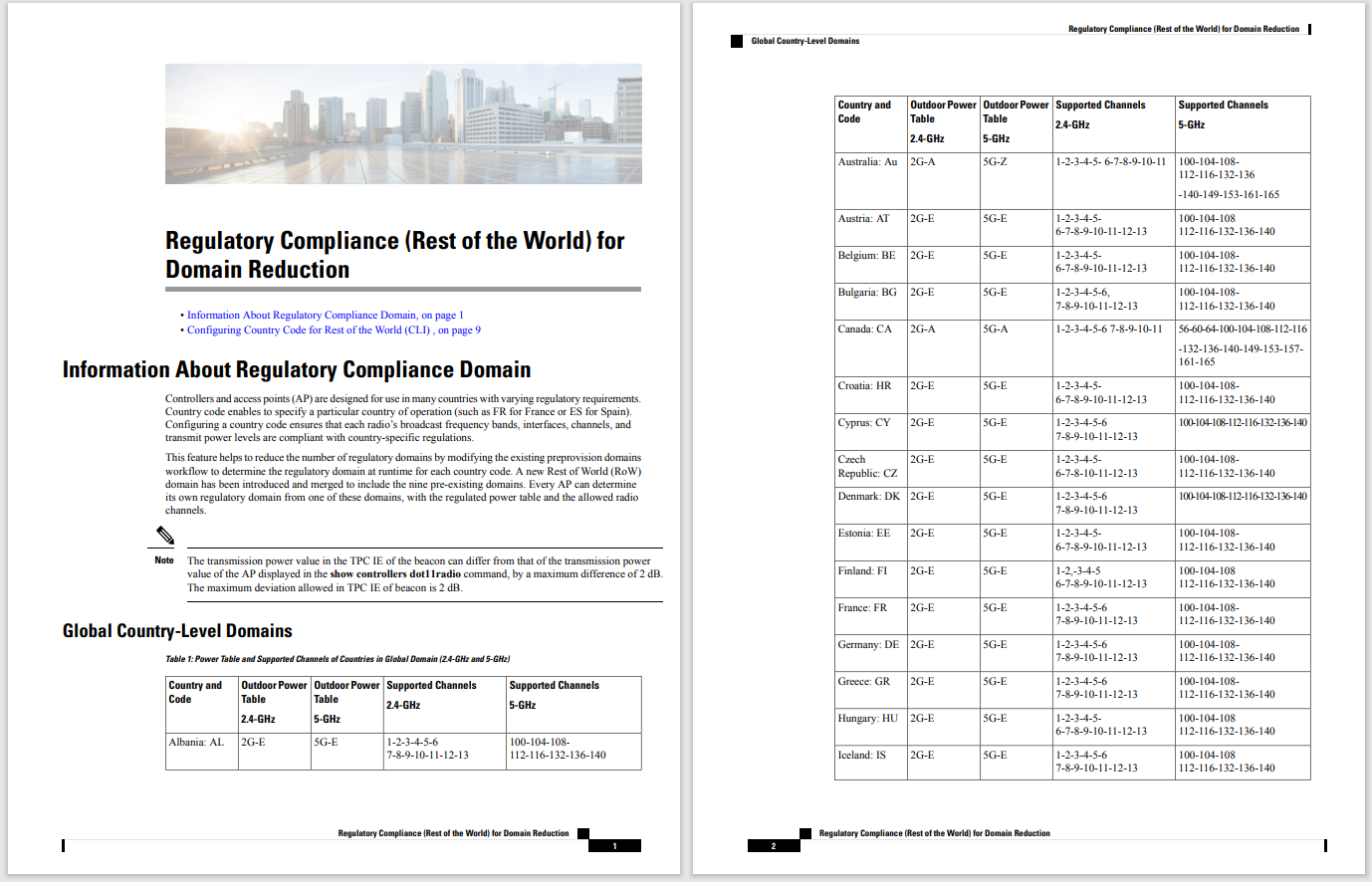
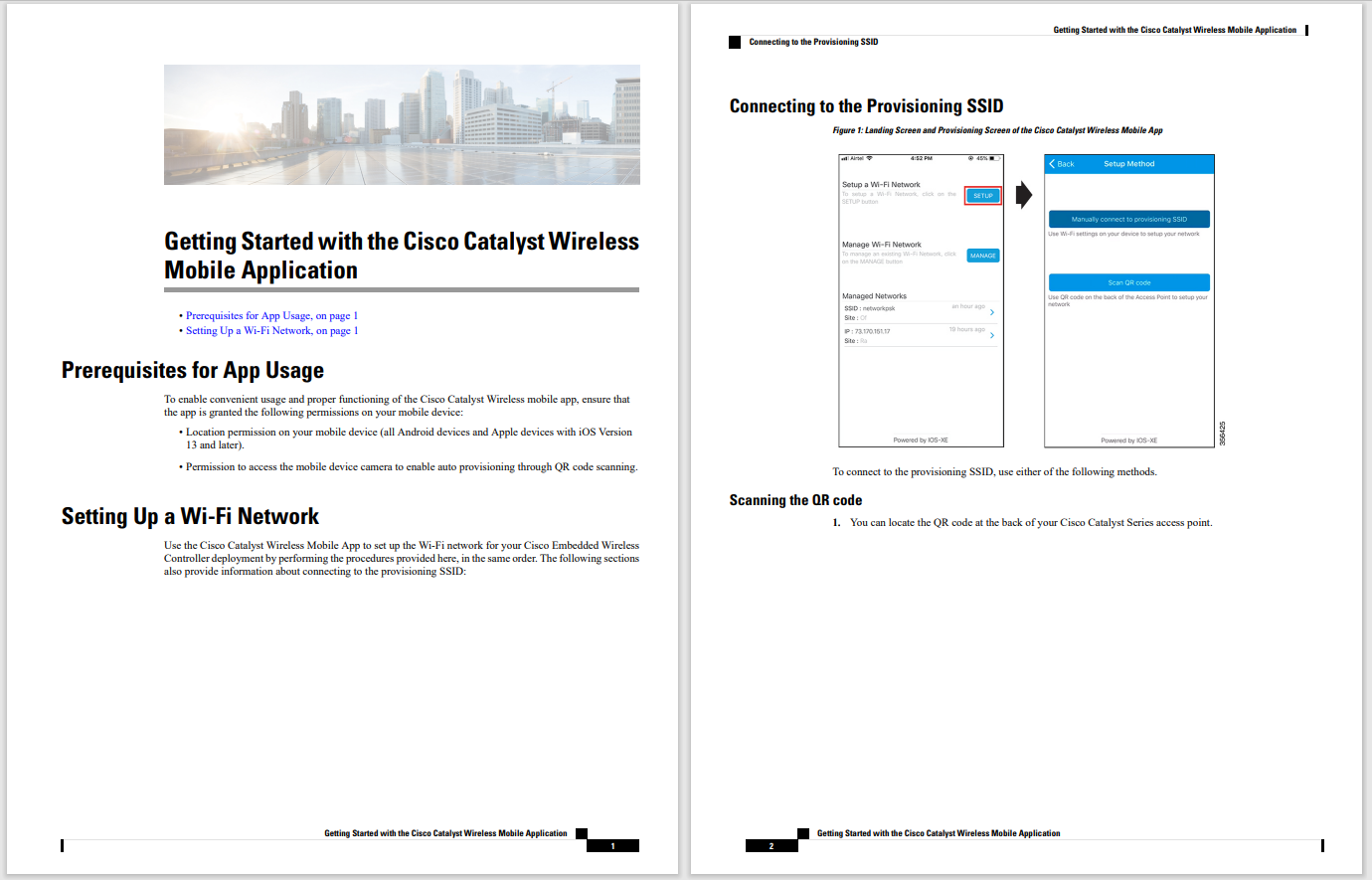


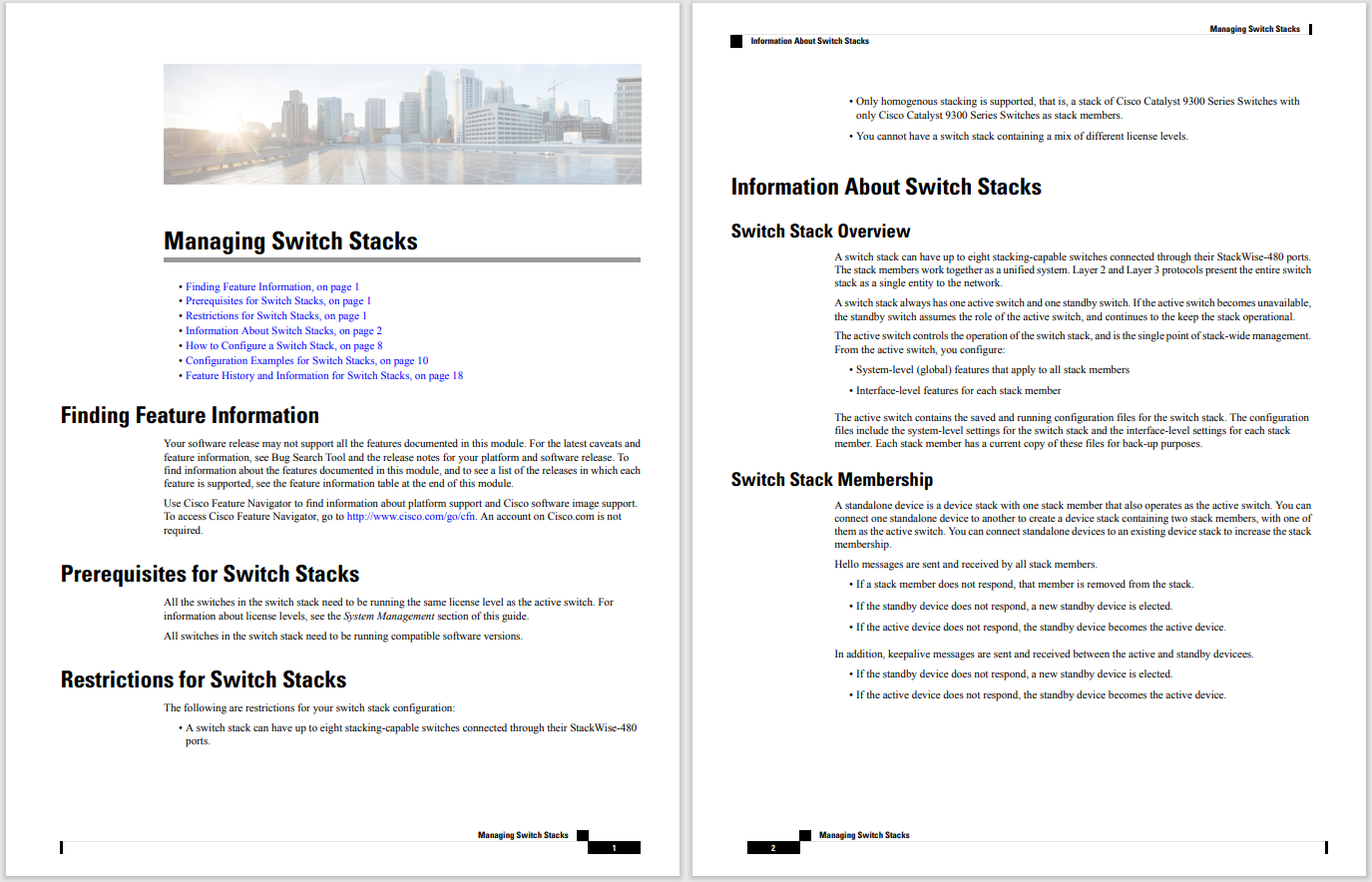






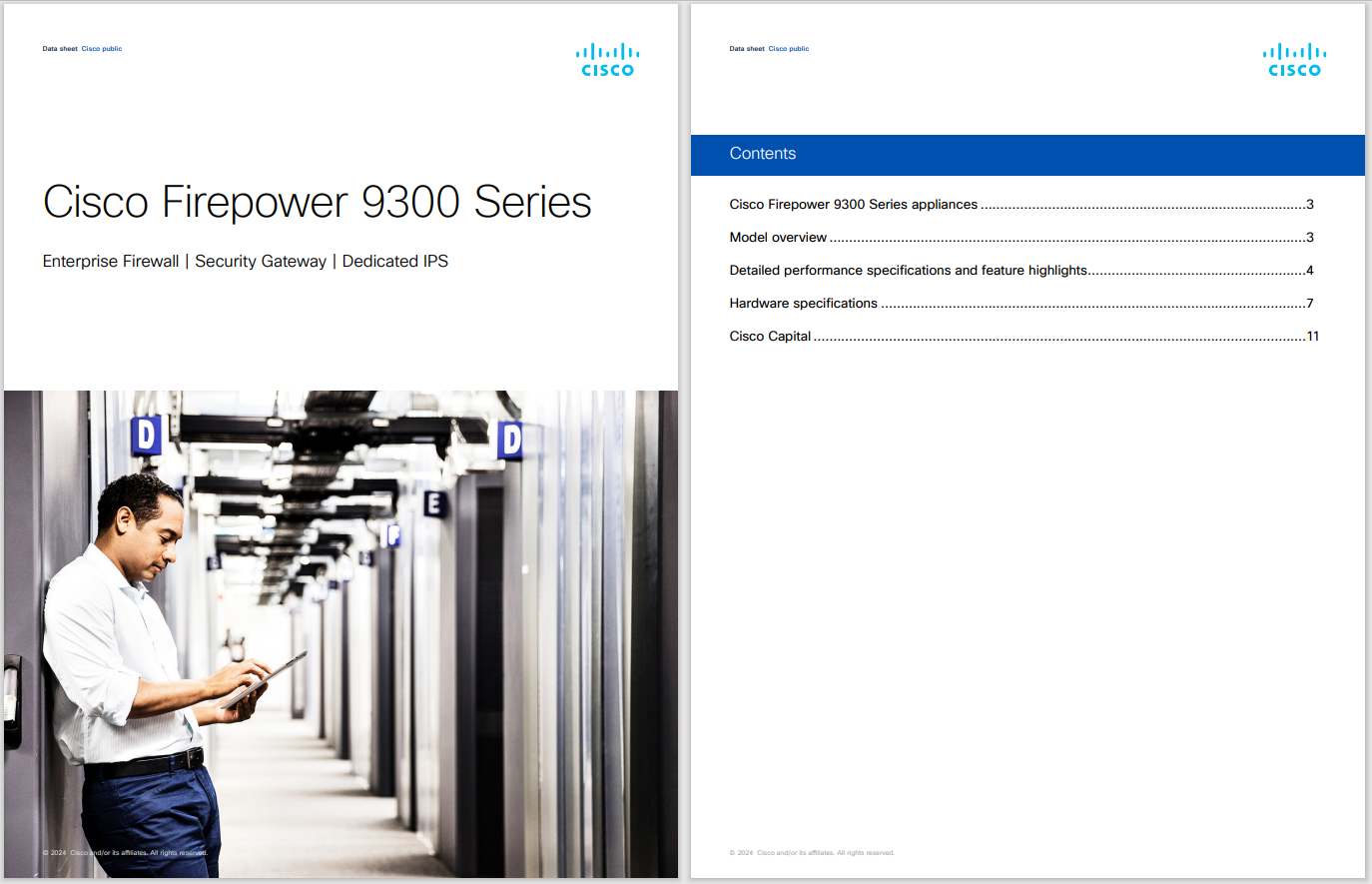
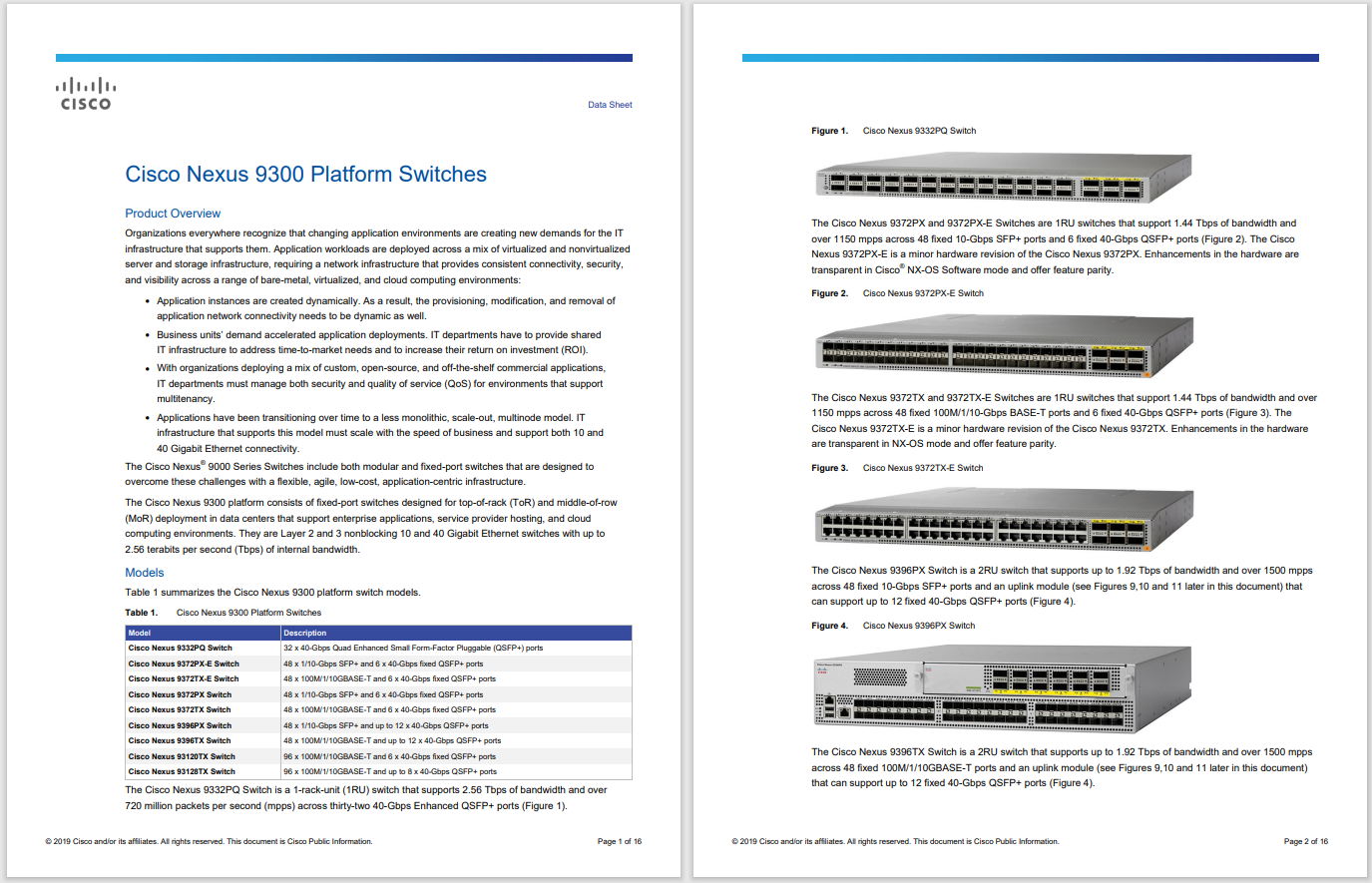







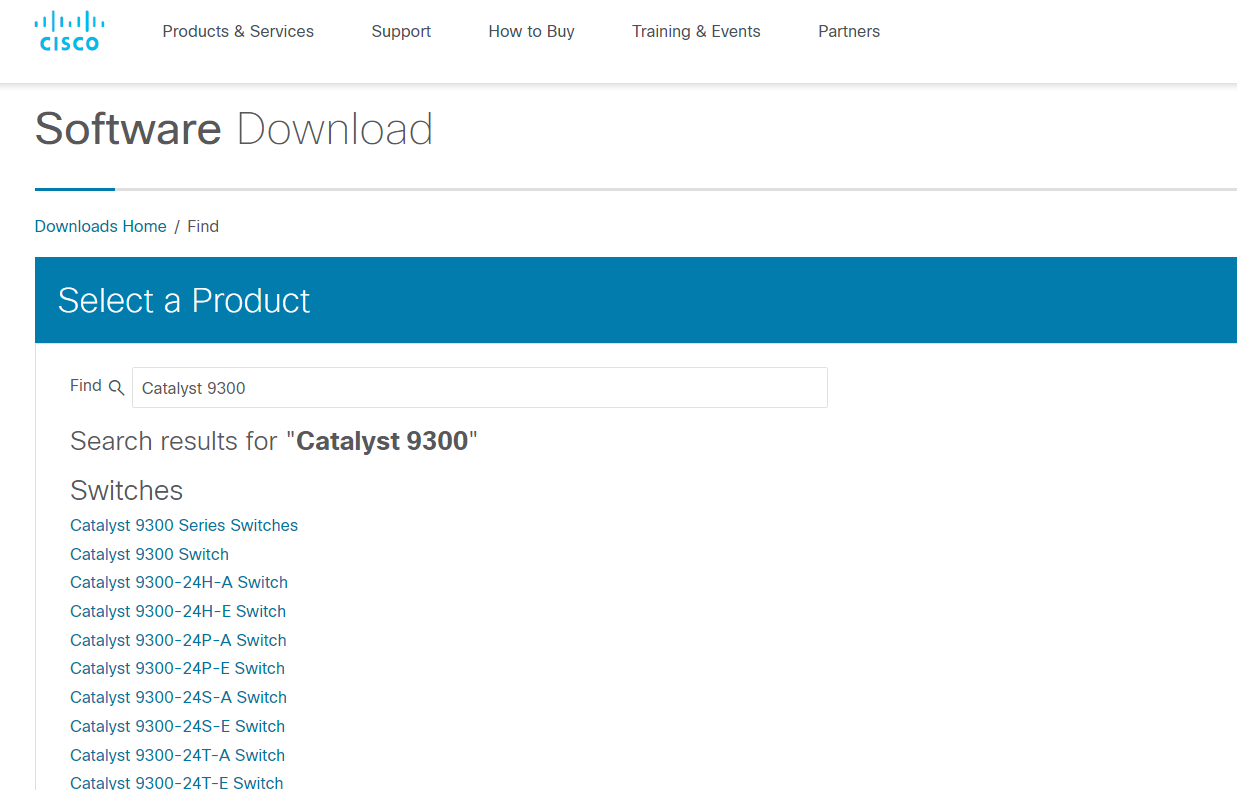
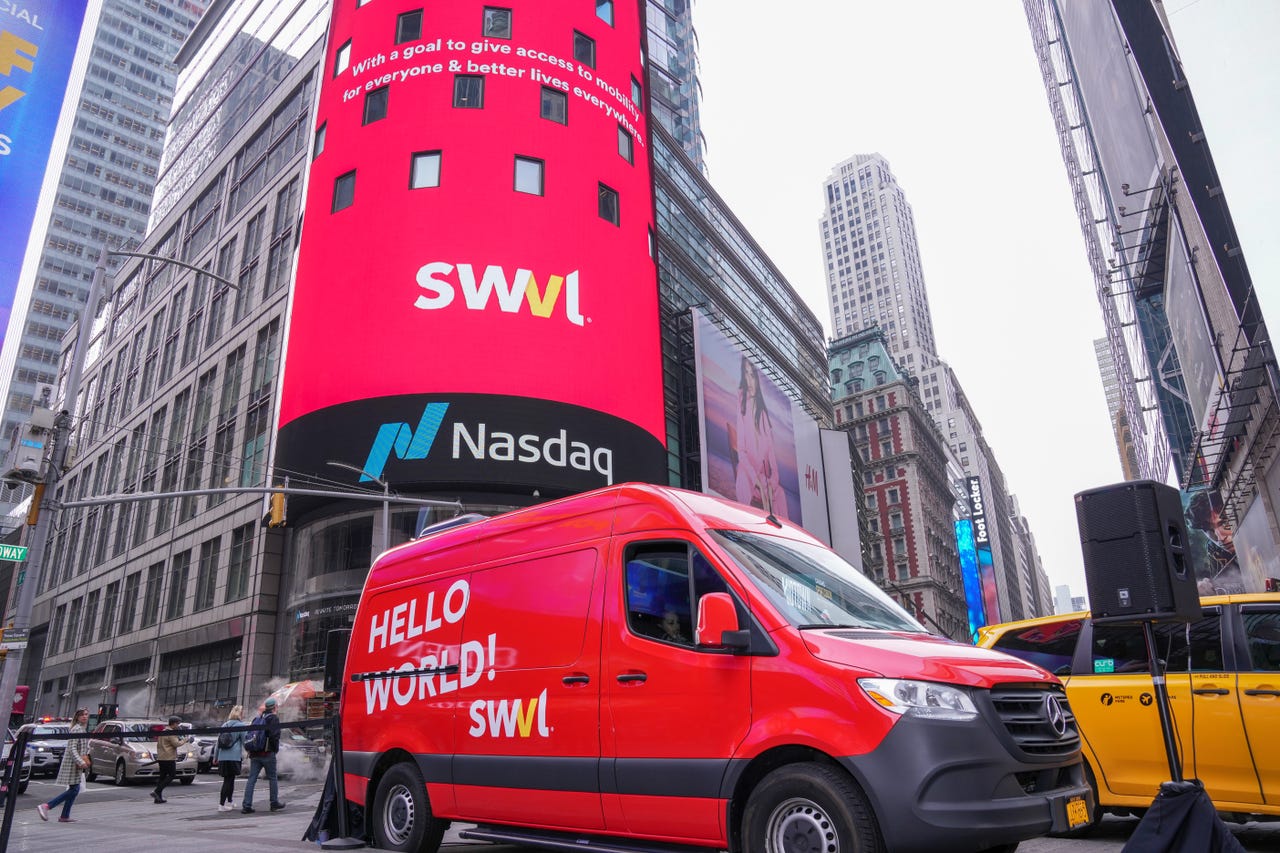
Ride-sharing firm Swvl recently became the MENA's first unicorn to appear on the Nasdaq exchange.
Image: SwvlFive years ago, a then 24-year-old Mostafa Kandil and two school friends decided to pour their entire life savings,$25,000, into creating a startup. Today, that business, with Kandil as its CEO, employs more than a thousand people around the world and has gone public.
Swvl, an Egypt-born, UAE-based mass-transit app, was born out of two formative experiences CEO Mostafa Kandil had early in his career. It's the Middle East's latest tech unicorn, and the first to list on the Nasdaq exchange.
The first, he recounted, involved the challenge of commuting from Cairo to his family home in Ismailia. Although only 90 minutes away, "I would go to the station, and I would wait for the bus," Kandil recalls, adding that there was no fixed or published timetable. "So you wait for four, five, six hours, the bus comes, [and then] it has to be full for it to move."
SEE: Tech in 2022: The biggest trends shaping the digital future of the Middle East
Ride-sharing is one potential solution to this type of issue. Kandil previously launched Careem -MENA's popular online ride-hailing service, which was acquired by Uber for$3.1 billion at the start of 2020 -in Istanbul and seven other cities across the Middle East and Pakistan.
Nevertheless, Kandil says these types of services are "extremely unaffordable" for many people, even for shorter journeys.
The idea for Swvl came in the midst of an Egyptian travel ban on Russian flights.
In 2015, a plane carrying Russian holidaymakers from Sharm el-Sheikh to St Petersburg crashed, killing 224 passengers. Islamic State claimed responsibility and Moscow banned direct flights to Egypt.
Russian tourists had been a common sight, especially in the resorts along the Red Sea. But Kandil noticed that all the high-end, privately owned buses that had previously been shuttling around sightseers were sudden empty.
Swvl partners with microbusinesses to lease under-used private vehicles.
Image: Swvl (via Medium)To address the dual issue of long wait times and underutilized bus capacity, Kandil and his co-founders set about mapping transportation habits and needs, identifying potential use cases and price points. They also recorded the volume of private vehicles used solely to transport students and tourists, noting that, for much of the day, these vehicles were not being used.
The team hypothesized that if other driving jobs could be accommodated around these obligations then, aside from fuel, there wouldn't be a lot of incremental costs to the driver and the vehicle owners, while at the same time "significantly increasing the earnings of that driver," Kandil says.
As with Uber and other transport stalwarts of the digital economy, Swvl doesn't own the vehicles their customers use. Instead, they partner with microbusinesses, like the owners of the 100,000 private minibuses Kandil estimates operate in Cairo.
Launched in 2017, Swvl's app enabled users to book rides on buses and vans with fixed routes, stations, times, and prices. Kandil says the app began "growing like crazy," with user numbers doubling or tripling every few months.
The team soon realized that Cairo wasn't the only city beleaguered by mass-transit issues, and so Swvl began looking into other potential markets like Mexico City, Indonesia and Karachi, where they could launch a solution.
To help address domestic demand and the potential for expansion, Careem -as ZDNet reported in 2017 -was an early investor (to the tune of$500k), and the company secured a further$8 million in 2018, followed by$42 million in a Series C round two years later.
The coronavirus crisis thew a curveball at many industries. However, for Swvl, the early phase of the pandemic acted as a catalyst for growth.
"We initially had kind of a big blow-up in the business," Kandil explains, remarking how in many of the primary markets in which they operate, "not a lot of people can afford to stay at home."
The company initially offered free transportation for those who needed it. "We see ourselves as the frontline workers basically," Kandil says, adding that the move generated "huge goodwill."
"A lot of these users basically came to try the service because this was the only option in the city."
SEE:How to talk about tech: Five ways to get people interested in your new project
Having sampled Swvl, users stuck with them. By Q2 of 2021, the company had rebounded from COVID and started expanding beyond MENA.
They "sparked" with the special purpose acquisition company (or SPAC) Queens Gambit, CFO Youssef Salem told ZDNet, announcing a business combination in summer 2021, and plans for a public listing as a result of the merger. The development valued Swvl at$1.5 billion.
"It fits perfectly with our mission of affordable and reliable transport for all," Salem says. "It's an all-women SPAC, which fits with the majority of our customers, especially on the older age group, being female who really value that safe transport to work and school. Unfortunately, harassment cases have been high. And hence safe transport [solutions] is a key enabler for work and education."
Alongside deepening the experience on their board, last year Swvl took controlling stakes in the Spanish transportation platform Shotl and South American firm Viapool, which operates in Argentina and Chile. Earlier this month, they acquired German mobility software startup door2door.
The company now operates in more than 100 cities and 20 countries across Latin America, Europe, Africa, and Asia, providing in-city transport, intracity transfer, B2B and B2G (business-to-government) services. They took more than 32 million bookings in 2021 and work with 240 institutional clients, including Alibaba and Unilver, through Swvl Business. Swvl aims to drive$1 billion in annual revenues by 2025.
Moving forward, electrification is a key focus, says Salem. He cites a new partnership with the Nigerian startup Moove. "We're going to be starting with 500 electric buses across all markets, and then look to scale up significantly," he says.
"Swvl is an operating system for mass transit. Wherever there is mass transit globally, we want to be powering it whether by fulfilling our own transport through a marketplace, by software as a service, or basically being at the heart of it."
 Tags quentes :
Negócio
Tags quentes :
Negócio